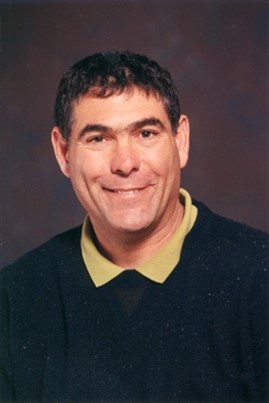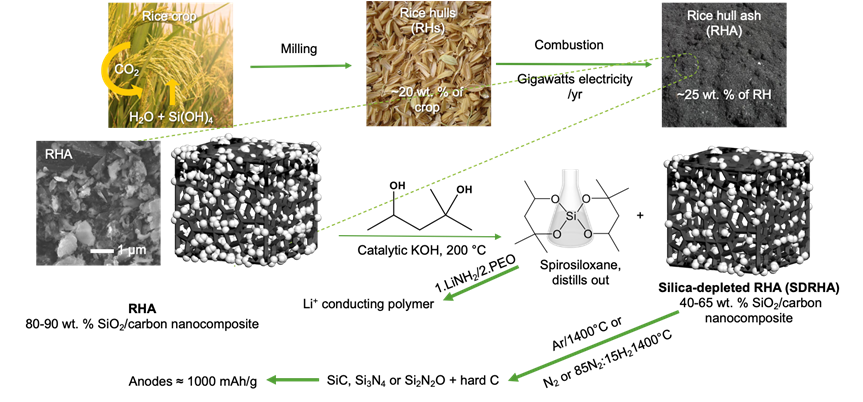Register for Richard Laine’s May 10 presentation
The ECS Detroit Section invites you to “Sustainable Battery Components from Rice Hull Ash (RHA),” presented by Professor Richard Laine at the Mercedes-Benz Research & Development North America location on May 10, 2023, at 1800h ET.
Student poster awards
Students are encouraged to present posters. Up to three posters will be presented at the event. The first three students contacting the section at ecs.detroit.rsvp@gmail.com about presenting their work receive USD $100 and one year of free access to ECS Detroit Section events.
Event details
Speaker
Richard Laine
Professor, Material Science and Engineering
University of Michigan
Date: May 10, 2023
Time: 1800h ET
Location: Mercedes-Benz Research & Development North America, Inc.
35555 W. 12 Mile Road
Farmington Hills, MI 48331-3139
Fee: USD $20
Schedule
1800h Doors open
1810h Posters and Dinner
1900h Speaker
Registration instructions
ECS membership is not required to register.
Pre-registration using an ECS My Account is required.
New to the ECS Community? Create an ECS My Account for free!
Need assistance?
Contact customerservice@electrochem.org
Abstract
To realize a more holistic approach to electrification in society, not only is it mandatory that we disengage from non-renewable fuels while adopting new approaches to energy storage, but we must realize actual environmental benefits from this transition. Given that the majority of greenhouse gas emissions in battery value chains originate from material mining and production, there is exceptional incentive to find alternate routes to superior lithium ion battery (LIB) components.
Combustion of rice husks generates 100s of gigawatts of green electricity annually in the U.S. alone, and coincidentally, ≈150k tons of RHA (90 wt % silica ≈ 10 wt % carbon). We have learned to use RHA to make a number of LIB components including Li+ conducting electrolytes, silicon, silicon carbide, and silicon oxynitride anode materials that offer capacities >950 mAh g-1 competitive with porous Si metal.
Richard Laine
Prof. Rick Laine is a faculty member in both Materials Science and Engineering and Macromolecular Science and Engineering at the University of Michigan (UM). He received his BS in Chemistry at California State University, Northridge, followed by a PhD at the University of Southern California. After several postdocs, he spent 11 years at Stanford Research Institute (SRI International) followed by three years in Materials Science & Engineering at the University of Washington before coming to UM. His research interests include novel ceramic processing methods and the development of silicon-containing polymers for electronic and photonic applications. He has over 300 publications, 45 patents, and an H factor of 72.
ECS sections
ECS sections provide members with opportunities to engage and expand their professional networks. Not a section member? Email customerservice@electrochem.org now to join your region’s ECS section.



